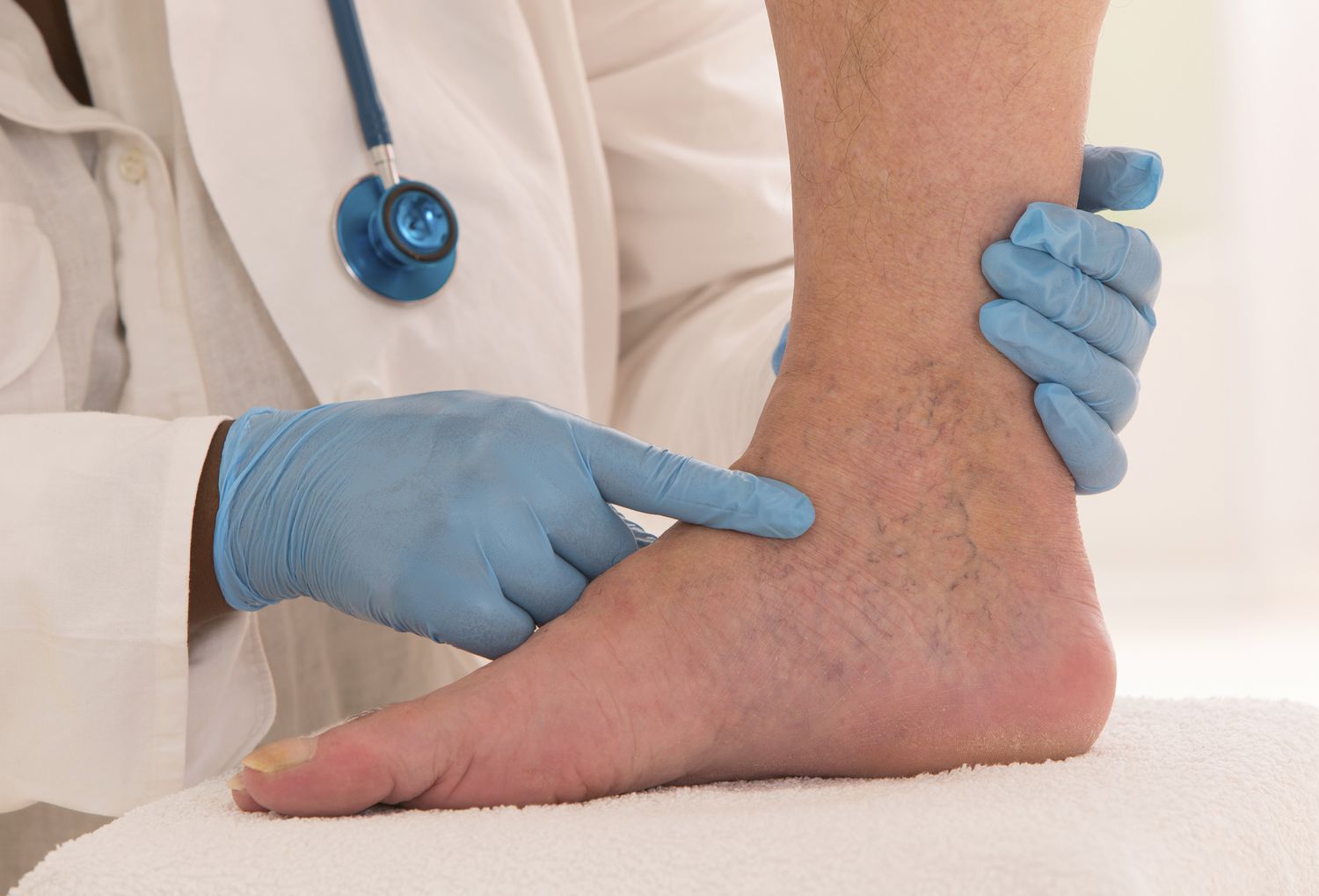Getting your wisdom teeth removed can feel like a relief, but the recovery period can come with some unexpected side effects, like a sore throat. Don’t worry—it’s common and temporary. In this guide, we’ll explain why this happens and share some easy tips to help you feel better.
What causes a sore throat after wisdom teeth removal?
A sore throat after wisdom teeth extraction is a common complaint. Here we are providing some facts why it happens:
1. Irritation from swelling
After the surgery, the surrounding tissues, including your throat, may swell. This can lead to distress when swallowing.
2. Dry mouth
Breathing through your mouth due to post-surgery swelling or discomfort can dry out your throat, causing irritation.
3. Anesthesia effects
Sometimes, the intubation tube used during general anesthesia can cause throat soreness.
4. Proximity to lymph nodes
Your wisdom teeth are situated closer to the lymph nodes in your neck and jaw. During recovery, these nodes can become slightly inflamed, leading to throat discomfort.
How long does the sore throat last?
In most cases, the sore throat resolves within 2 to 3 days after surgery. However, if the pain persists or worsens, immediately consult your dentist.
Home remedies for sore throat after wisdom teeth removal
1. Stay Hydrated
Drinking plenty of water facilitates to keep your throat moist and eases irritation. Stick to lukewarm water for added comfort.
2. Use a saltwater rinse
Gently rinse your mouth and throat with warm saltwater to reduce swelling and soothe discomfort. Avoid spitting forcefully.
3. Soothe with honey and tea
A cup of warm tea with honey can soothe your throat and reduce irritation. Opt for chamomile or ginger tea for extra relief.
4. Stick to soft foods
Eat soothing, soft, foods such as soup, yogurt, or mashed potatoes. Avoid crunchy or spicy foods that could worsen your symptoms.
5. Apply a cold compress
Use a cold compress on your cheeks to ease swelling and indirectly throat soreness.
6. Use a humidifier
Adding moisture to the air can prevent your throat from drying out and feeling worse.
When to see a doctor
While a sore throat is usually harmless, you should contact your dentist or doctor if you experience:
- Persistent pain beyond a week
- Difficulty swallowing or breathing
- Signs of infection, like pus or fever
Tips for a smooth recovery
- Follow post-surgery instructions: Stick to your dentist’s advice for cleaning and medication.
- Avoid smoking and alcohol: These can delay healing and worsen irritation.
- Rest well: Give your body time to heal by avoiding strenuous activities.
- Avoid excessive talking: Resting your jaw helps reduce discomfort.
Facts about Sore throat after wisdom teeth removal
Adding some facts can make the article more engaging and informative. Here are some easy-to-understand facts with low keyword difficulty words:
Fact 1: Wisdom teeth extraction is common
About 85% of individuals need to have their wisdom teeth removed someday in their lives due to pain, overfilling, or risk of infection.
Fact 2: Sore throats are a typical side effect
A sore throat after wisdom teeth removal occurs in up to 30% of cases due to inflammation or dry mouth.
Fact 3: Anesthesia can play a role
If general anesthesia is used, the breathing tube may irritate your throat, causing temporary soreness.
Fact 4: Proximity to nerves and sinuses
Wisdom teeth are close to the nerves and sinuses, which can contribute to throat or sinus discomfort during recovery.
Fact 5: Staying hydrated speeds recovery
Drinking enough water not only soothes your throat but also helps flush out toxins and speeds up healing.
Fact 6: Soft foods promote comfort
Eating soft foods like mashed potatoes, applesauce, and smoothies can reduce strain on your throat and jaw, making recovery smoother.
Fact 7: Recovery time varies by person
While many people recover from a sore throat in a couple of days, factors like age, health, and the complexity of surgery can affect the timeline.
Fact 8: Saltwater rinses are scientifically backed
Studies show that warm saltwater rinses reduce inflammation and bacteria, making them an effective home remedy.
Fact 9: rest is key for healing
Your body heals best when you’re well-rested. Physical activity or talking too much can slow down recovery.
Fact 10: Sore throats aren’t permanent
Throat soreness from wisdom teeth removal typically resolves on its own and doesn’t leave long-term effects
Conclusion
A sore throat after wisdom teeth removal is common and usually short-lived. By understanding the causes and following these simple remedies, you can manage the discomfort and speed up your recovery. Always reach out to your dentist if you have concerns about your symptoms.
FAQs
Is a sore throat normal after wisdom teeth removal?
Yes, it’s a common side effect due to swelling, dry mouth, or irritation.
What helps soothe a sore throat after surgery?
Drinking water, using a saltwater rinse, and eating soft foods can provide relief.
How long does the sore throat last?
It typically lasts 2 to 3 days but may vary depending on the individual.
Can medication help with a sore throat?
Over-the-counter pain killers like ibuprofen can reduce irritation.
When should I be worried about my sore throat?
If the pain persists beyond a week or is accompanied by fever or difficulty breathing, consult your dentist.








